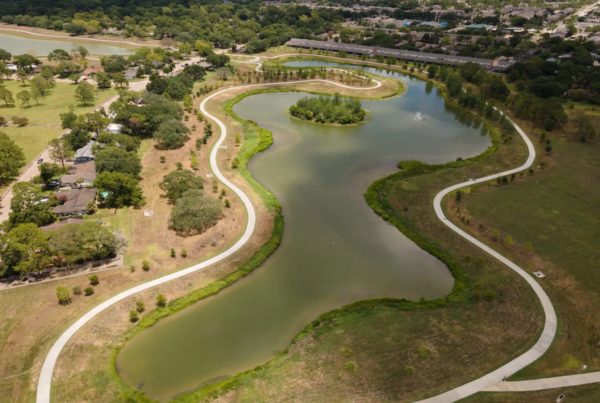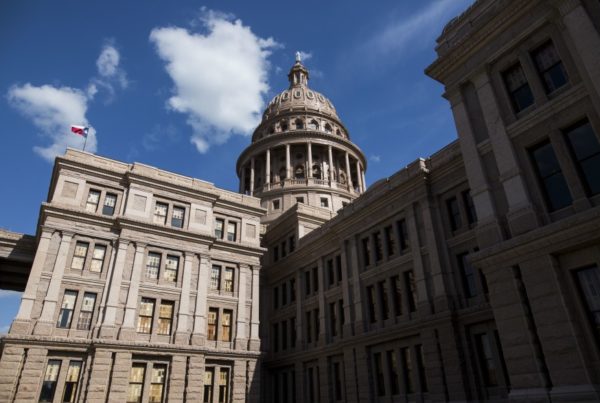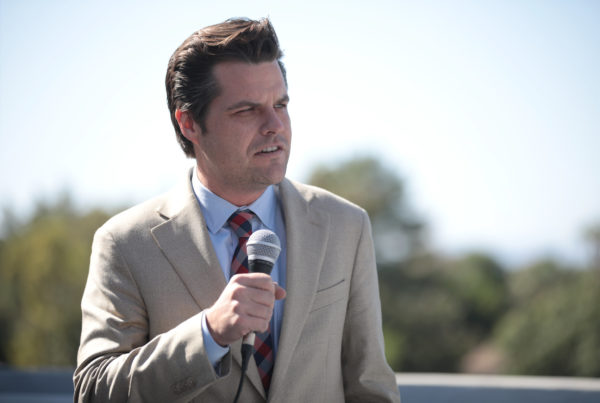From KERA News:
For some passengers, the 30-hour plus bus ride from the Texas border to the East Coast is exhausting and confusing. When they step off the bus in New York City or Washington, D.C., they don’t know where to go or what to do next.
For others, a free ride to the Big Apple or the nation’s capital is more than they ever imagined they would get after a long and arduous trek from their home country to the U.S.
Texas Gov. Greg Abbott’s decision to bus thousands of migrants to D.C. and New York – in what he described as an effort to bring attention to a “border crisis” — increasingly has become a political flashpoint. It also has raised legal questions.
While conservatives applaud the move, immigrant rights groups and the mayors of New York City and D.C. say that placing people on buses and sending them to other states is a political stunt that exploits and misleads migrants. And organizations that work with migrants say they’re feeling the strain.
“Ultimately, that is what the governor is doing. He’s taking these vulnerable communities, weaponizing them by aiming them to D.C.,” said Abel Nuñez, Executive Director of the Central American Resource Center in Washington, D.C.
» How Washington, D.C., is handling thousands of migrants bused from Texas
Texas began sending migrants by bus to Washington in April. Then earlier this month, Gov. Greg Abbott said the state had begun sending migrants by bus to New York City, too.
In a recent tweet, New York City Mayor Eric Adams wrote that Abbott “used innocent people as political pawns to manufacture a crisis. New Yorkers are stepping up to fix it — that’s our city’s values.”
Faced with the growing number of migrants bused to her city, D.C. Mayor Muriel E. Bowser has twice asked the National Guard for help.
Nuñez said at least one bus a day arrives in D.C., sometimes more. The city, he said, isn’t equipped to work with a large number of migrants. One of the biggest concerns? Where to house them. The city has a large homeless population and now Nuñez is tasked with finding housing for the newly arrived migrants.
That’s still a problem even though the number of migrants crossing the border and arriving in his city has dropped during the hot summer months.
He said some of the buses don’t arrive with the same number of passengers when they left the border. Some migrants end up getting off when their bus makes a stop. A bus may stop in Georgia, for example, and a migrant may have family there. In a few cases, Nuñez and others have ended up sending migrants back to Texas after learning they have family there.
Texas isn’t the only state sending migrants to “sanctuary cities” on the East Coast. Arizona has been sending buses since April too.
Conflicting opinions
Nuñez also wants people to know that busing issue isn’t clear cut. On the one hand, he doesn’t like that migrants are being used by politicians to draw attention to the country’s immigration woes. But he’s also heard from a number of migrants who didn’t mind the bus rides.
“If the governor is willing to use Texas tax dollars to do this, it’s great. A lot of the immigrants are very thankful, actually,” Nuñez said. “I don’t know how [his] base would feel about that…we have to remember this is a free ride — a 30-hour bus ride — from Del Rio, Texas all the way to Washington, D.C.”
In New York, some advocates have expressed concerns after talking to bus passengers. Mura Awawdeh, executive director of the New York Immigration Coalition, was a recent guest on The Brian Lehrer Show, which airs on the public radio station WYNC.
He said some migrants have complained about not getting back their personal belongings after being released from detention. One person, he added, didn’t get his insulin. And another one needed medical attention.
“It’s not just that people are being misled at times, it’s also that they’re not being treated humanely and not given the dignity that they deserve,” Awawdeh said.
Awawdeh told Lehrer that border officials have been referring migrants to his group and other organizations on the East Coast. They’re also sending important immigration forms addressed to migrants who haven’t yet arrived in the city — documents that could affect their ability to stay in the U.S.
“And that is also a little bit distressing because that’s where folks’ mail is going to go to tell them where their hearing is going to happen, when it’s going to happen, so it’s been a bit troubling,” he said.
If migrants don’t get their identifying information or notice to appear in court, that could hurt their chances of being reunited with family or applying for asylum.
Legal questions
Legal experts say what Texas and Arizona are doing isn’t necessarily against the law, but it does raise questions and concerns.
“You can’t just grab people off the street and say, ‘I think it would be better for you to be somewhere else,’” said Gabriel Chin, professor of law at the University of California Davis, School of Law.
Chin says the three main issues he would look at is how transporting migrants interferes with federal policies; how that may violate an individual’s rights; and the potential criminal liability of people who transport migrants.
“If it’s voluntary — to the extent that it’s voluntary — then it wouldn’t raise that criminal issue,” Chin said. “If these people are under arrest and they get out of the arrest by voluntarily agreeing to go to D.C. or New York, there’s a question about whether that consent to be moved is in fact voluntary if it’s premised on an arrest.”
KERA News reporter Bret Jaspers contributed to this story.














